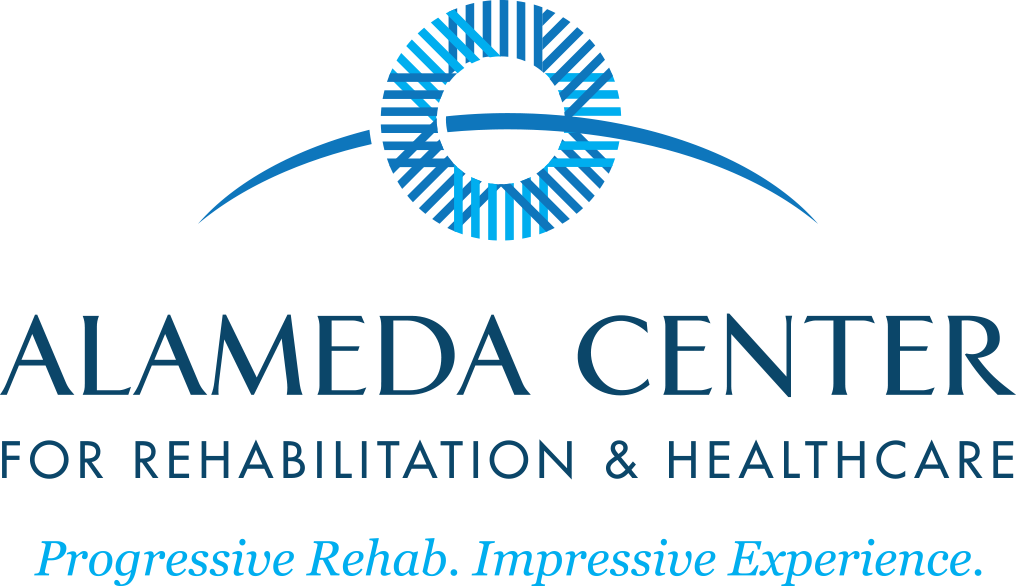What are Infectious Diseases? What You Need to Know
Infectious diseases are illnesses that develop from viruses, parasites, bacteria and fungi. These can live in our bodies without causing any harm, and in certain cases are healthy, but they sometimes can cause damage, illness, and even death.
Types of infectious diseases
Bacterial – these are caused by bacteria that enter the body and are often curable through antibiotics. Examples are strep and bacterial meningitis.
Viral – these are caused by foreign viruses that distort regular cellular patterns. They’re only symptomatically curable. Examples are a common cold and influenza.
Fungal – under unfavorable circumstances, fungi grows in various parts of the body. Common examples are athletes foot and thrush.
Parasites – these are transmitted from animals to humans. Examples are malaria and tapeworm.
Symptoms of infectious disease
The most common symptoms are fatigue and fever. Different diseases will show different symptoms. Rash is very common, and different types signify different diseases – measles are small red papules, while chicken pox are larger and more spread out.
Others symptoms often include coughing, wheezing, headache, diarrhea, and vision problems.
How they spread
Infectious diseases are very contagious and may be transferred directly or indirectly. Some diseases can spread from person to person, through touch, kissing, or sneezing on another person.
A bite or a scratch for an animal can transmit disease, and handling an animal’s waste can as well. Insect bites can transmit disease, such as a mosquito carrying malaria or types of flu, or a tic carrying lyme disease.
Another way germs are transmitted directly is from a pregnant mother to her unborn child.
Germs can also be transferred indirectly. If someone who is sick wipes his nose and touches a doorknob, accidentally leaving his germs there, and another person touches it and then touches others parts of her body, she can easily pick up the disease. In other cases, spores are airborne and can remain that way for several hours and can infect someone who comes into that airspace.
How to prevent them
Infectious diseases are largely preventable. Most people follow a government-prescribed health directive to have their children vaccinated, which inoculates the body against many diseases.
It’s extremely important to wash your hands with soap, especially before cooking or eating, so if you have any foreign germs, you’ll get rid of them before they can enter into your body. Also wash after using the bathroom, especially a public bathroom, where germs can be lurking around.
Keep personal items personal. Brushes, toothbrushes, toothpaste, shampoo, soap, cups, plates, silverware, and anything else that fits the bill. Don’t share food servings or drinks.
If you’re travelling, find out how to stay safe in that country. You might need updated vaccinations or to only drink bottled water.
As you acquire these habits, they become second nature and it’s easy to keep yourself germ-free without putting extra thought into it.
At the Alameda Center in Essex Country, New Jersey, we give special care to patients coping with infectious diseases. Our caring and expert staff will help you and provide you premium service while you recover.
